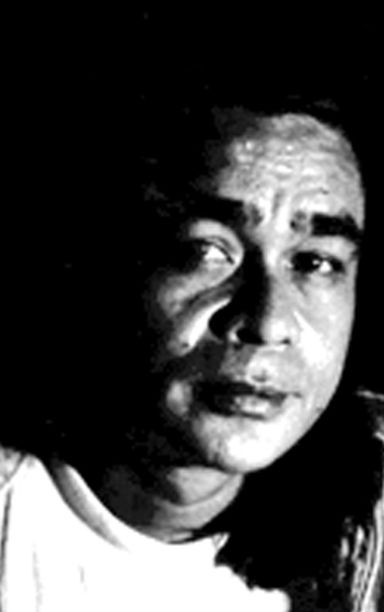
FERNANDEZ
A friend was espousing the relative benefits of having a police state here in our country. He did not want to say it outright, obviously out of deference to what he guessed were my thoughts on the matter. And out of mutual respect for his views, I did not rebut him. I simply listened thinking to myself that it is always useful to know what the “other side” thinks. One does not usually raise politics between friends nowadays. One is better inclined to let certain statements pass while concentrating on enjoying the “wine,” so to speak.
After all, at no other time in our history have our views been this publicly known. At no other time in our history have we been so committed to those views. And it seems almost ludicrous for us now to go beyond the social networks to express ourselves. Still, there are times when we have to interact with people we know to have political views opposed to ours. We are probably right simply to tolerate these differences as a fact consequent of the benefits society derives from the political diversity of its citizens. A new ethics is most likely required. For myself, I never “unfriend” anyone just simply because I disagree with his or her politics. How they espouse their views, on the other hand, is a different matter entirely. I cannot tolerate the insistent and brazen stupidity of political propaganda. On the other hand, the fact of my being a civil servant — a teacher in a state university — requires me to accept the primordial fact I represent my institution to a certain fundamental extent. Because of this, I have to deal professionally, respectfully and fairly with all people, no matter the error of their avowed politics.
My children and I were talking in the car the other day, and they asked me what my views were about purgatory, heaven and hell. Inevitably, the discussion led us to how we defined “sin” and why the world is as it is. I remember saying, the world is what it is either because of ignorance or the simple lack of love. That is sin for me. Which answer led to further impassioned discussions between us as we went down the road, since we were discussing all these stuck in Cebu’s horrible December afternoon traffic.
The traffic is always germane in the discussion of fascism and the relative benefits of having a police state. “Say what you will about Benito Mussolini he made the trains run on time,” was a famous apologia of fascist Italy in the time of World War II. This line was stated despite the collapse of the economy with Italy dragged into abject defeat after it sided with Hitler’s Germany, and despite the hunger in the streets. Not Italy but Singapore was used by my friend to defend his faith in the police state.
I did not say this to him vocally; but even as he went on and on about Singapore, my mind was thinking: We must presume how there is not much corruption in Singapore’s police institutions. We cannot say the same thing here. And no matter how strict Singapore’s police-state policies may be, they adhere to a set of laws applied equally to all, including and most especially the police, since police abuse obviously poses the greatest danger in a police state. Strict adherence to the rule of law, quite unfortunately, is not the natural inclination here. And already, the worst precedents and foundations are being set right now with regards to the rule of law. The current regime’s war on drugs is in fact simply continuing an old tradition of police impunity. If in the old days extrajudicial killings seemed more the exception than the rule, today, no one is safe. Murder has become practically institutionalized. The case of the murder of Albuera Mayor Rolando Espinosa by policemen while incarcerated inside his jail cell is a case in point.
And the whole argument of the benefits of a police state falls apart if simply because of this single incident. In my friend’s police state, who polices the police?
I wished I could tell my friend how his view of the world had become distorted by the calcification of his avowed political position. I wish I could tell him: It is only political inertia. But we do not say these things to people anymore without risking permanent “unfriend-ification.” It has become impolite. Better for me to silently remember how the roots of all evil are ignorance and the simple lack of love.